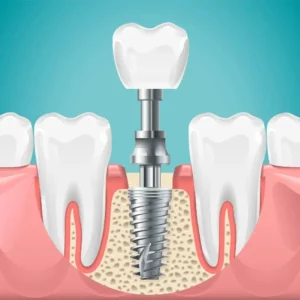
Delta-8 and Delta-9 THC are both cannabinoids found in cannabis, but they have some notable differences, especially when it comes to their effects and legal status. Delta-8 THC and Delta-9 THC have similar chemical structures but with a slight variation in their molecular arrangement. This small difference impacts how they interact with the endocannabinoid system in the body, d8 gummies leading to differing effects.
Psychoactive Potency:
Delta-9 THC is known for its potent psychoactive effects, often causing intense euphoria, relaxation, and alterations in perception. It’s the primary psychoactive compound in cannabis and is responsible for the “high” associated with marijuana use.
The strongest delta 8 gummies is reported to have a milder psychoactive effect compared to Delta-9 THC. Users often describe it as producing a more subtle high that is less overwhelming and anxiety-inducing, making it more suitable for those who are sensitive to the effects of Delta-9 THC.
Legality:
One of the most significant differences between Delta-8 and Delta-9 THC is their legal status. While Delta-9 THC is classified as a Schedule I controlled substance in the United States under the Controlled Substances Act, Delta-8 THC exists in a legal gray area.
Some manufacturers produce Delta-8 THC from hemp-derived CBD, exploiting a loophole in the law that allows the sale of hemp-derived products containing less than 0.3% Delta-9 THC. As a result, Delta-8 THC products are legally available in many states where Delta-9 THC remains illegal or heavily regulated.
Medical Benefits:
Both Delta-8 and Delta-9 THC are believed to offer potential medical benefits, although research is still ongoing. Delta-9 THC has been studied extensively for its therapeutic properties, including its ability to relieve pain, nausea, and muscle spasms, as well as its potential anti-inflammatory and neuroprotective effects.
Delta-8 THC has been less studied than Delta-9 THC, but some anecdotal evidence suggests that it may offer similar therapeutic benefits with fewer adverse effects. It’s often touted for its potential to alleviate anxiety, stimulate appetite, and provide mild pain relief.
Side Effects:
Delta-9 THC is known to cause a range of side effects, particularly at higher doses, including anxiety, paranoia, dry mouth, red eyes, and impaired cognitive function.
Delta-8 THC is said to produce fewer side effects compared to Delta-9 THC, although individual responses may vary. Some users report experiencing dry mouth, increased heart rate, sedation, and temporary memory impairment.
While Delta-9 THC is known for its strong psychoactive effects and legal restrictions, Delta-8 THC offers a milder high, operates in a legal gray area, and may have fewer adverse effects, making it an appealing option for some cannabis users. However, more research is needed to fully understand the differences between these two cannabinoids and their respective effects on the body.





























